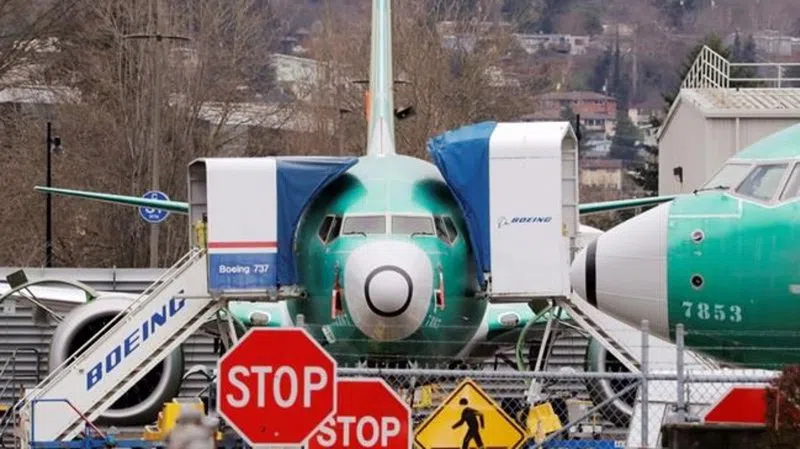
Internal government docs raise new questions about approval of 737 Max
OTTAWA — Internal government documents about the Boeing 737 Max are raising new questions about Canada’s aircraft approval process.
The documents, made public at a parliamentary hearing Thursday, reveal that Transport Canada test pilots voiced concerns about a key flight-control system going back more than three years before system flaws led to worldwide grounding of the plane.
The department’s queries about the Max jet’s anti-stall system emerged in a 2016 debriefing, but direct answers were never provided by Boeing Co. or the U.S. Federal Aviation Administration, resulting in certification the next year despite the questions remaining “open.”
The plane’s MCAS software, which automatically pushes the nose of the aircraft down in certain circumstances, has identified as a key factor in two crashes in Indonesia and Ethiopia that killed all 346 people on board, including 18 Canadians, and triggered a grounding of the jet in March 2019.


